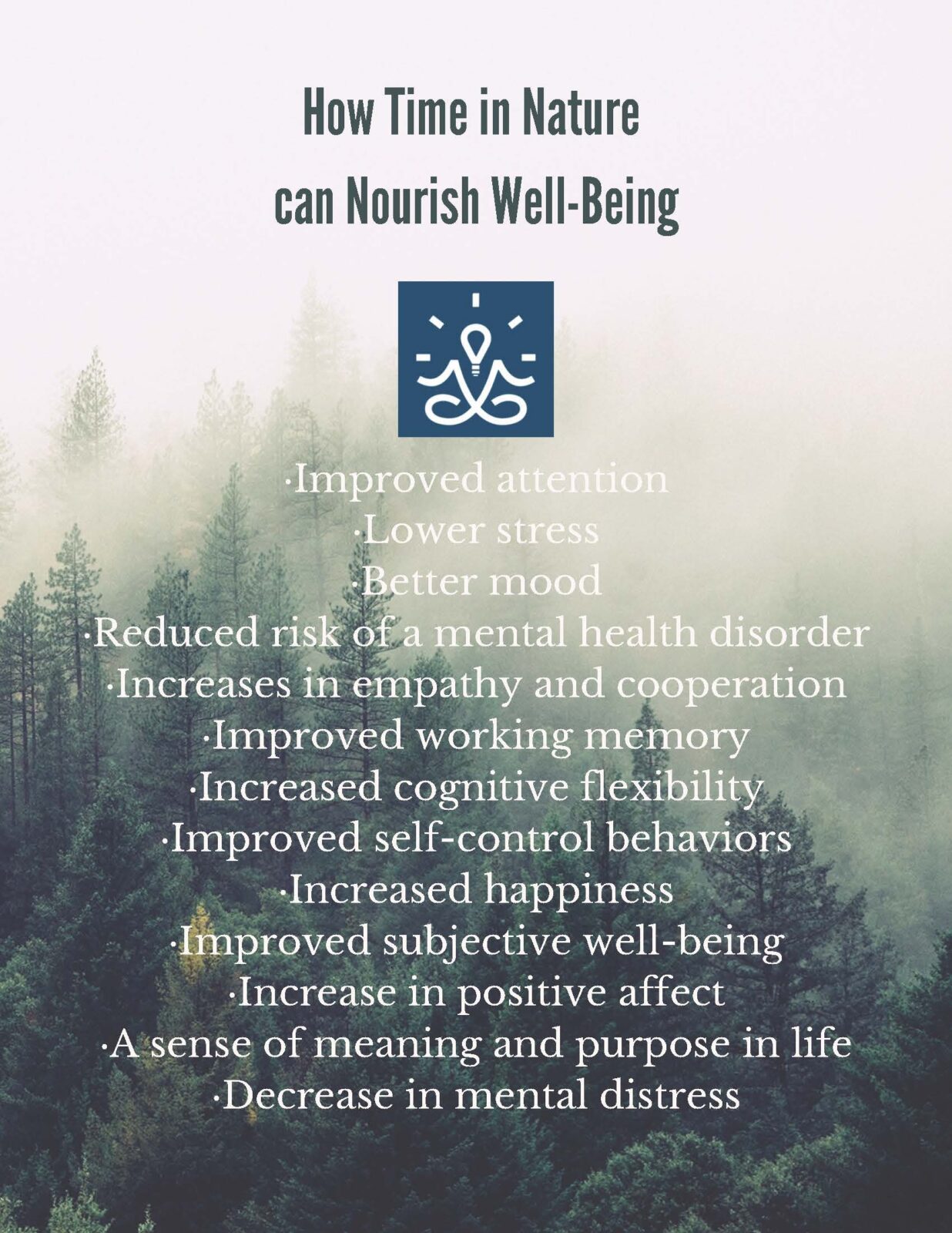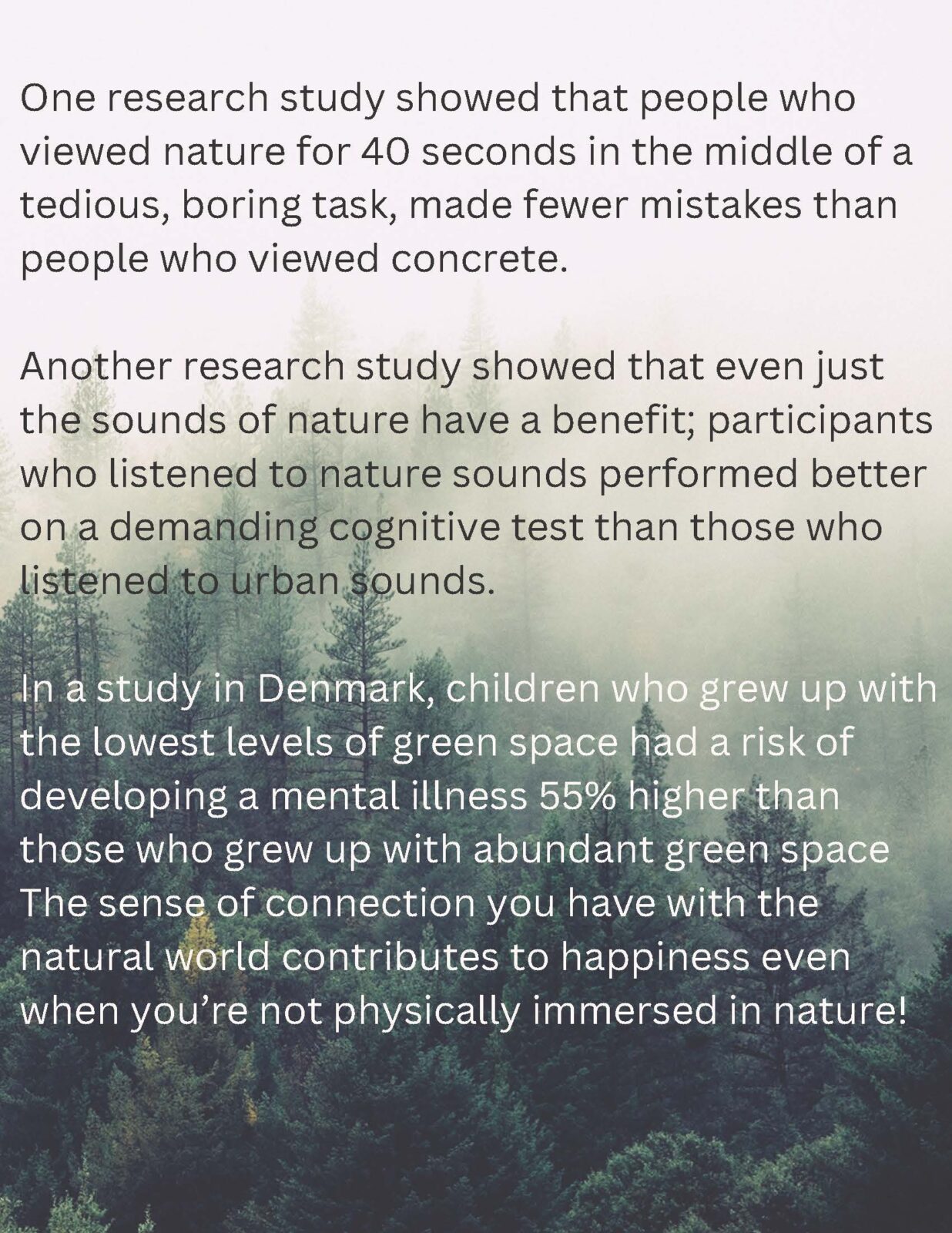August REACH Newsletter
REACH Level 1 Deadline and Requirements
Level 1 – Due Aug. 31
Benefit Eligible Employee and Insured Spouse
- 2023 Participation Consent Form
- Online Health Risk Assessment
- Upload your Well Visit Form with REACH lab measures
- Your REACH Labs must be completed 24 hours prior to your Annual
Well Visit.
- Your REACH Labs must be completed 24 hours prior to your Annual
REACH labs may be drawn at the following locations. No appointment or order is necessary.
- Pavilion Outpatient Center
- Coal City
- Bourbonnais Campus
- Watseka
- Workforce Health
Health Insurance Premium Credit
- $780 Employee
- $520 Spouse
Employee must complete Level 1 for spouse to be eligible for spousal credit. All credits are applied to the employee health plan premium. Employee Financial Incentive: $100
Employee Wellness Department Key Dates
- National Immunization Awareness Month
- Watch for your “report card” via email on Aug. 15
- REACH Level 1 Deadline: Aug. 31
- REACH Level 2 and 3 Deadline: Dec. 15
HDHP With an HSA vs. PPO – Which is the Right Choice?
As you start thinking about Open Enrollment this Fall, you may be considering enrolling in one of our Health Savings Account (H.S.A.) plans for significant savings on health insurance premiums. The Health Savings Account or H.S.A. options have higher deductibles and office visits and prescriptions are subject to that deductible (no copayments), but they also have lower payroll contributions and allow you to set aside those savings into a Health Savings Account to pay for deductible and out of pocket expenses on a pre-tax basis. The best part of these plans is the lower payroll deduction amounts and the lower maximum out of pocket on the medical and pharmacy portion of the benefits. Plus, an HSA allows you to save money for qualified expenses, such as contact lenses or monthly prescriptions, as well as unexpected ones —now and in the future.
Why enroll in one of the H.S.A. eligible plans?
You own it – The money is yours until you spend it, including Riverside’s contributions of $850-$1100 annually. You keep it, even if you change jobs, health plans or retire.
Tax savings – HSA’s help you plan, save and pay for health care, all while saving on taxes. For example, if you make an annual contribution of $1,200, the annual income tax savings could add up to $452 (25% federal | 5% state | 7.65% FICA).
- The money you deposit is federal income tax-free.
- Savings grow income tax-free.
- Withdrawals for qualified medical, dental, or vision expenses are also income tax-free.
It’s not just for doctor visits – Once you’ve contributed to your account, you can use the funds in your I-ISA to pay for qualified expenses such as: Dental care, including extractions and braces, Vision care, including contact lenses, prescription sunglasses and LASIK surgery, Prescription medications and certain over-the-counter drugs, Chiropractic services, Acupuncture, etc.
Access to medications on the preventive drug list at no cost: Both H.S.A. plans includes access to the HDHP Preventive Drug list and medications on the list are available to you at no cost. Save for the future – Your HSA rolls over from year to year, so you can continue to grow your savings and use it in the future – even into retirement.
REACH Portal Spotlight Are you curious about the improvement of your health measures over time? Check it out now! Just visit the REACH portal and click on the Health Measures tab at the top of the homepage. There you can see how your biometrics have changed over time!




